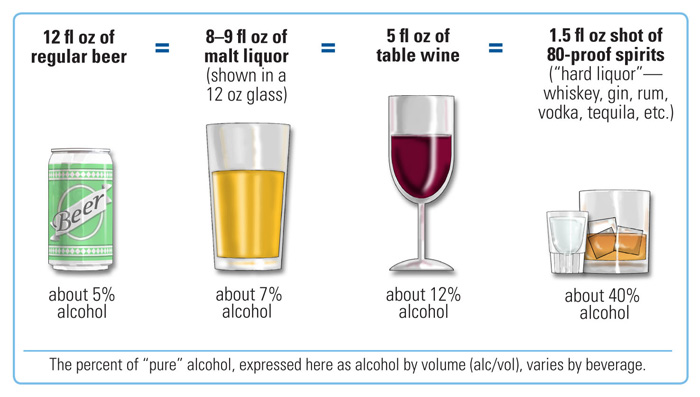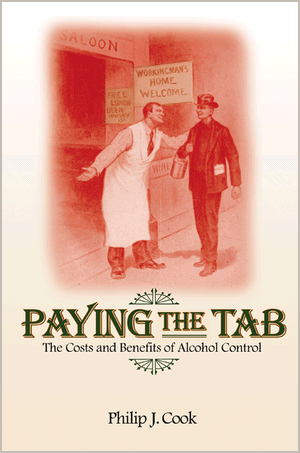As we march into another season of holiday merry making, it’s a good idea to think of some strategies on how not to overdo it, or how to practice moderate drinking. At the core of moderate or mindful drinking is to not become intoxicated or drunk.
You CAN enjoy the initial feelings of relaxation and low buzz and maintain it without losing control and forget that you are drinking and continue to mindlessly consume.
These are some of the suggestions I use with my clients. By no means is the list complete.
Get educated
Know the healthy limits. According to the National Institute of Health moderate-risk drinking looks like this: In one week the maximum number of drinks is 14 for men and 7 for women. Daily limits are 4 drinks for men and 3 for women. This is just one guideline and the numbers fluctuate. But I think the main point is know how much you are consuming daily and weekly. Why not track it? Women can’t drink as much as men (our physiology is different and heavy drinking is more consequential to women—think of reproductive and fertility issues). Long-term heavy drinking causes real physical harm, not to mention an emotional toll.
Know what a “drink” is. A pint is 16 ounces, so it’s slightly larger than a drink.
Drinks at dinner also count.
One bottle, 12 ounces of beer (about 5% alcohol).
5 ounces of wine (about 12% alcohol), about 5 glasses in a bottle.
One shot or 1.5 ounces of hard liquor (about 40% alcohol).Understand BAC (BloodAlcohol Content) and think about why it’s important. Maintaining a BAC lower than .06%* is crucial to moderate drinking because our ability to reason becomes impaired at this point. It is the point of no return for problem drinkers. Even if the intention is to limit alcohol intake, if the BAC is higher than .06% you are more likely to continue drinking. Binge drinking is defined as having a BAC of .08% or higher. Binge drinking is having 5 (4 for women) or more drinks in about under two hours.
while drinking
Eat something before getting to the bar or party.
Have a plan.
How long will you stay?
Who are you going to be with?
What time will you be home? .
Goal is to avoid open-ended nights.Pace yourself, it’s not a race. Limit yourself to only one drink within a 30-minute period.
Alternate between alcoholic and non-alcoholic drinks.
Drink water in between drinks.
Nosh on snacks while drinking.
Know how alcohol interacts with the medications (over the counter or prescription) you take. Often, medications amplify the effects of alcohol, so let that be the guide in what moderate drinking looks like and not the number of drinks.
Change your mindset
Tell others, friends and acquaintances, of your intention to drink moderately, if you feel they would be supportive.
Ask yourself what is the primary goal of the event? Is it social or just for alcohol consumption? If it’s the latter, rethink who you are hanging out with.
Plan activities that don’t automatically involve alcohol. Be creative.
If you always drink at a certain time, for example after work, have a plan in place for the off nights. Go to the gym, go for a run or plan an outdoor activity. Go to the movies. Avoid falling into a routine of drinking every day.
Remind yourself of the reasons why you want to drink moderately. For example, the hangover next day; money spent on drinks, cabs and food; the pride in knowing that you can practice self control.
Practice mindfulness with alcohol. Is your goal to enjoy the taste of that IPA or red wine? How does it taste? What is its texture? Describe what you observe about your experience of drinking and the people around you.
Notice how alcohol affects people differently. How do you think alcohol affects you?
Write in your journal about the experience.
Remind yourself that it gets easier the more you practice it.
List the benefits of moderate drinking in the same journal.










.jpg)



